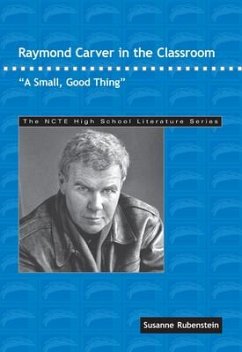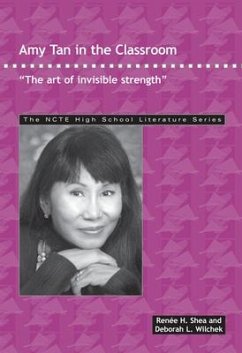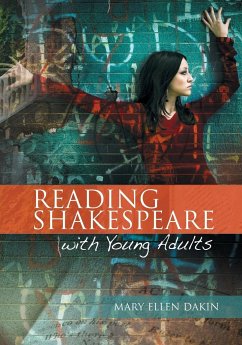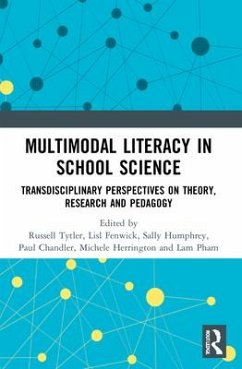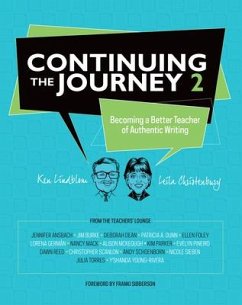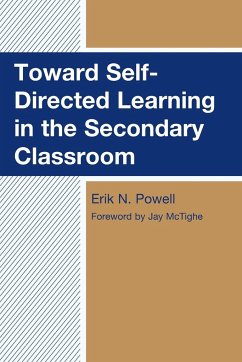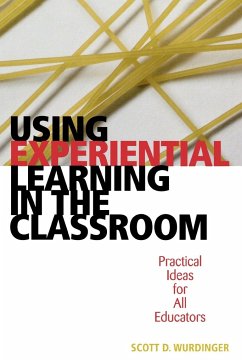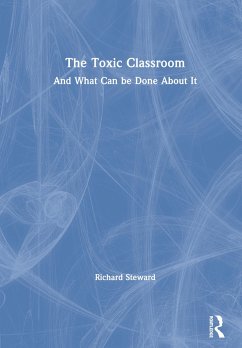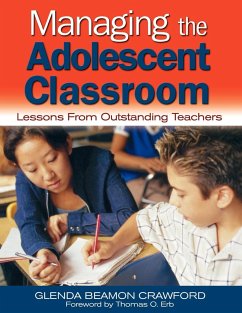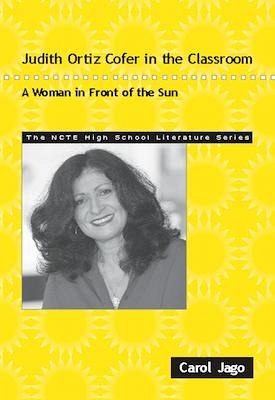
Judith Ortiz Cofer in the Classroom
A Woman in Front of the Sun
Versandkostenfrei!
Versandfertig in 1-2 Wochen
20,99 €
inkl. MwSt.

PAYBACK Punkte
10 °P sammeln!
Carol Jago offers ways to teach the works of Judith Ortiz Cofer in the high school English classroom. In an era of increasing emphasis on standardized testing, it can be difficult to add the works of new authors to the high school English curriculum. But what if reading the poetry and fiction of Judith Ortiz Cofer, or the writing of other multicultural authors, "engaged your students in such deep reading and writing that their scores went through the roof?" In this practical guide, Carol Jago argues that the curriculum should embrace all kinds of literature because such a curriculum keeps stud...
Carol Jago offers ways to teach the works of Judith Ortiz Cofer in the high school English classroom. In an era of increasing emphasis on standardized testing, it can be difficult to add the works of new authors to the high school English curriculum. But what if reading the poetry and fiction of Judith Ortiz Cofer, or the writing of other multicultural authors, "engaged your students in such deep reading and writing that their scores went through the roof?" In this practical guide, Carol Jago argues that the curriculum should embrace all kinds of literature because such a curriculum keeps students both engaged and challenged. The writing of Puerto Rican American poet, essayist, and novelist Judith Ortiz Cofer appeals to students of all ethnicities because it speaks to a universal effort to balance the demands of self, home, and broader culture. This short, readable, and practical guide to teaching her work includes several of Cofer's poems; many examples of student writing, some modeled on Cofer's poetry and some in response to her fiction; guidance on standards-based literary analysis; a rubric for evaluating the reflective essay; and an interview with Cofer by Renée Shea. Writing like Cofer's, which reflects students' lives no matter what their primary culture, draws adolescents into literature and pushes them outside the "zone of minimal effort," as they more willingly develop their reading, writing, and critical thinking skills.



